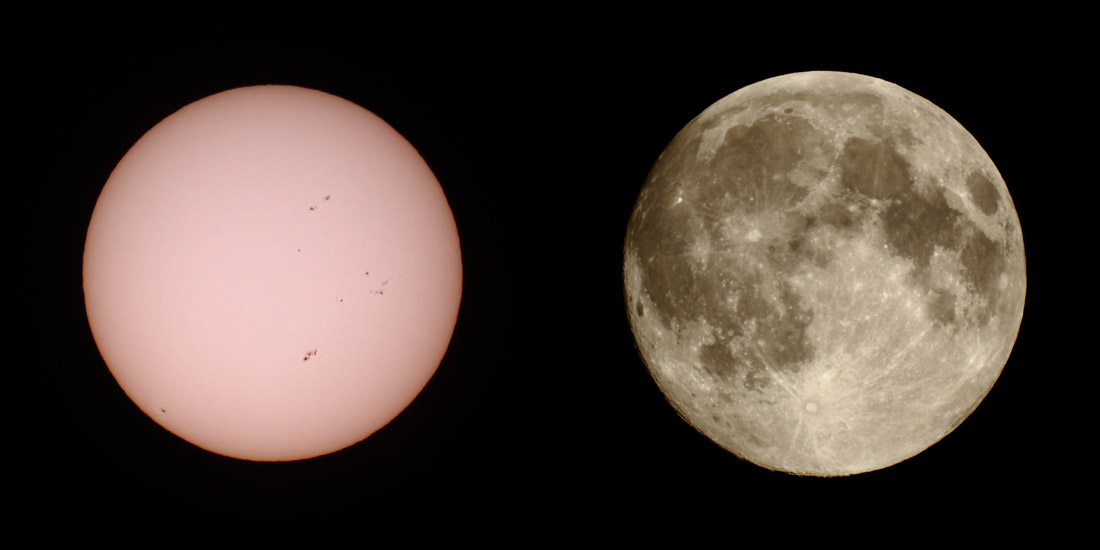Difference between revisions of "June 27, 2013"
| Line 1: | Line 1: | ||
__NOTOC__ | __NOTOC__ | ||
=Was This a Super Moon?= | =Was This a Super Moon?= | ||
| + | <!-- Start of content --> | ||
<!-- ws:start:WikiTextHeadingRule:0:<h1> --> | <!-- ws:start:WikiTextHeadingRule:0:<h1> --> | ||
<!-- ws:start:WikiTextLocalImageRule:6:<img src="/file/view/LPOD-Jun27-13.jpg/439712842/LPOD-Jun27-13.jpg" alt="" title="" /> -->[[File:LPOD-Jun27-13.jpg|LPOD-Jun27-13.jpg]]<!-- ws:end:WikiTextLocalImageRule:6 --><br /> | <!-- ws:start:WikiTextLocalImageRule:6:<img src="/file/view/LPOD-Jun27-13.jpg/439712842/LPOD-Jun27-13.jpg" alt="" title="" /> -->[[File:LPOD-Jun27-13.jpg|LPOD-Jun27-13.jpg]]<!-- ws:end:WikiTextLocalImageRule:6 --><br /> | ||
Revision as of 14:38, 8 February 2015
Was This a Super Moon?

image by Fausto Lubatti, Melegnano, Italy
This picture shows Sun and Moon taken with the same optics at few hours of distance: the picture of the Sun was taken in the morning of the
solstice day, while the picture of the almost full Moon was taken the day after in the evening, 42 hours later, when it was 99.5% illuminated
and few hours before perigee. It can be seen how the apparent Moon diameter is larger, compared to the Sun diameter: a noticeable difference
when the two images are side by side, probably more difficult to see in the sky without a reference.
Fausto Lubatti
Technical Details
Both pictures taken with a Canon EOS 5D Mark II body directly mounted at the focus of a vintage Celestron C90 (Maksutov-Cassegrain, 90
mm aperture, 1000 mm focal length, f11):
Sun: 2013:06:21 04:38:42 UT. Exposure Time: 1/200 s, Filter: Baader Planetarium Astrosolar Film; ISO: 250
Moon: 2013:06:22 22:49:03 UT. Exposure Time: 1/125 s; ISO: 800.
CAW OT Note: I just finished reading Galileo's Dream by Kim Stanley Robinson and strongly recommend it for two reasons. The first 100
pages is an excellent description of Galileo's building of telescopes and his observations of the Moon, Venus, Jupiter and stars. The rest of
the book is Robinson's blend of philosophy, scifi, and the terror of living in the dictatorial religious society of 17th century Italy; all of it
interesting. Of course, Galileo comes off as an arrogant, obnoxious person. From other reading I learned that Newton was even more so, and
Kepler was essentially a crazy mystic. Are today's giants of science also so unpleasant?
Yesterday's LPOD: Rigabigadiga
Tomorrow's LPOD: Can You Find Luna 2?
COMMENTS?
Register, Log in, and join in the comments.



